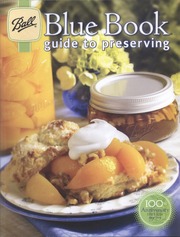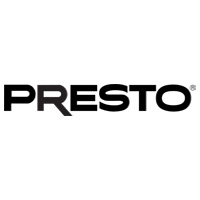I've been laying in supplies to get us through extended periods of logistical cockups. Part of that has been our old friends, rice and beans.
Dry beans are great shelf stable essentials, but they aren't so handy when you're hungry NOW. So I have been pressure canning a lot recently.
Recent batches: pork & wine stew, ham and mixed bean soup, chickpeas, black beans, and I have a 9 pipnt jar batch of "British style baked beans" currently in the canner.
There is a reassurance, especially with the way things are just now, to see loads of mason jars with ready to go meals, or with components to supplement a ready meal. We can pretty much dive in a hole and pull the hole in with us if necessary.
Pressure canning should be part of your emergency food preparations. Look at hurricanes and train derailments for why!
Dry beans are great shelf stable essentials, but they aren't so handy when you're hungry NOW. So I have been pressure canning a lot recently.
Recent batches: pork & wine stew, ham and mixed bean soup, chickpeas, black beans, and I have a 9 pipnt jar batch of "British style baked beans" currently in the canner.
There is a reassurance, especially with the way things are just now, to see loads of mason jars with ready to go meals, or with components to supplement a ready meal. We can pretty much dive in a hole and pull the hole in with us if necessary.
Pressure canning should be part of your emergency food preparations. Look at hurricanes and train derailments for why!







